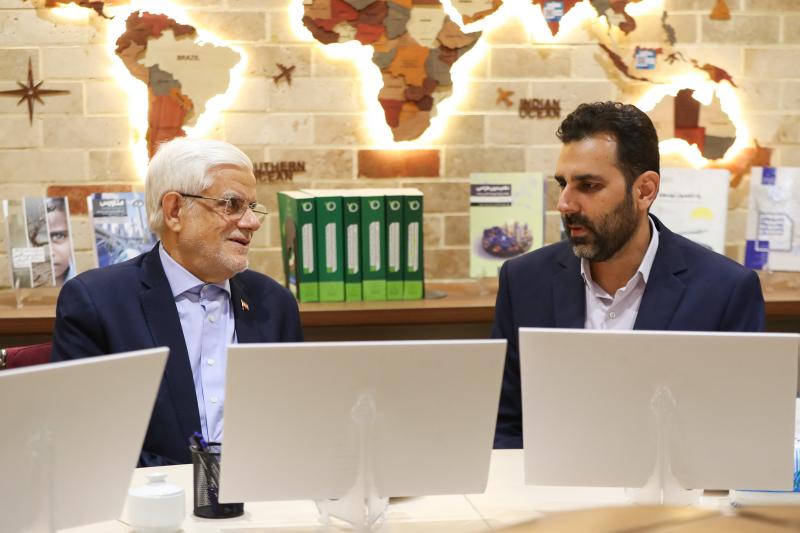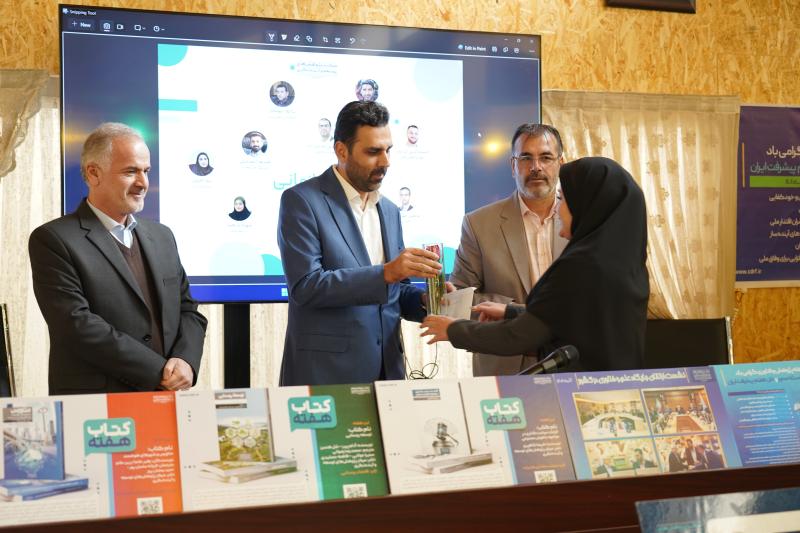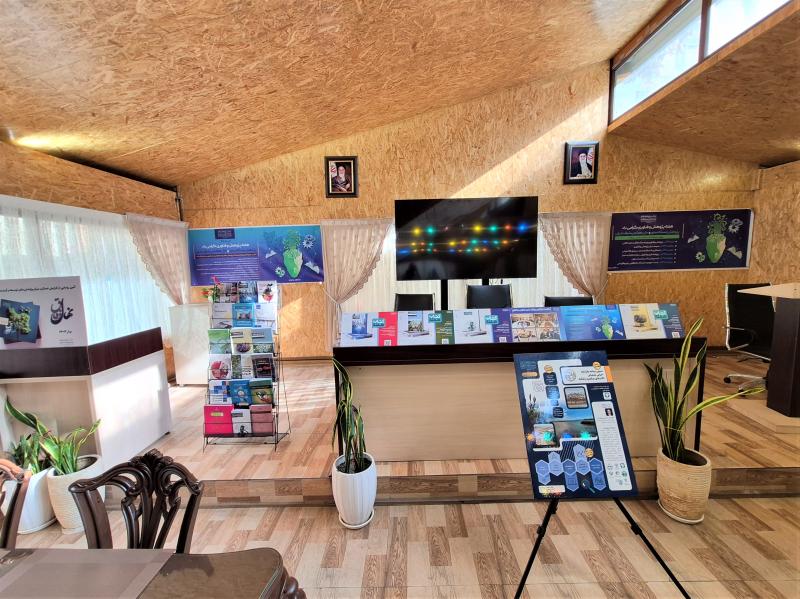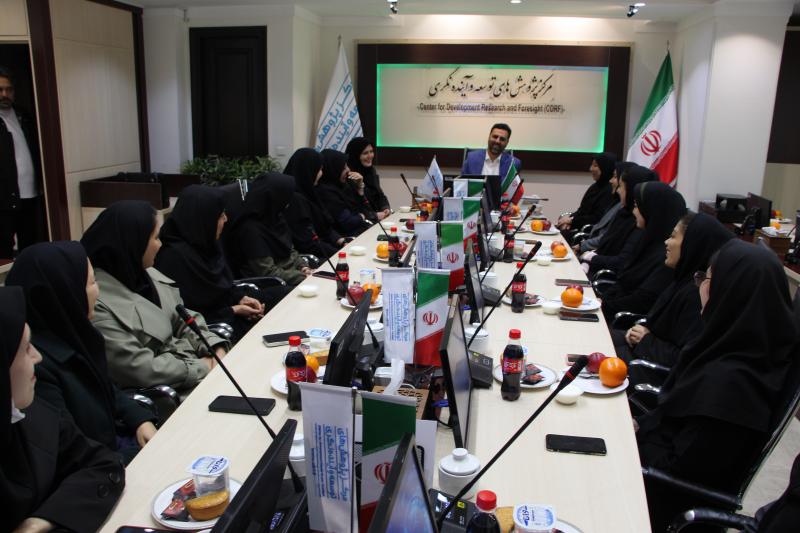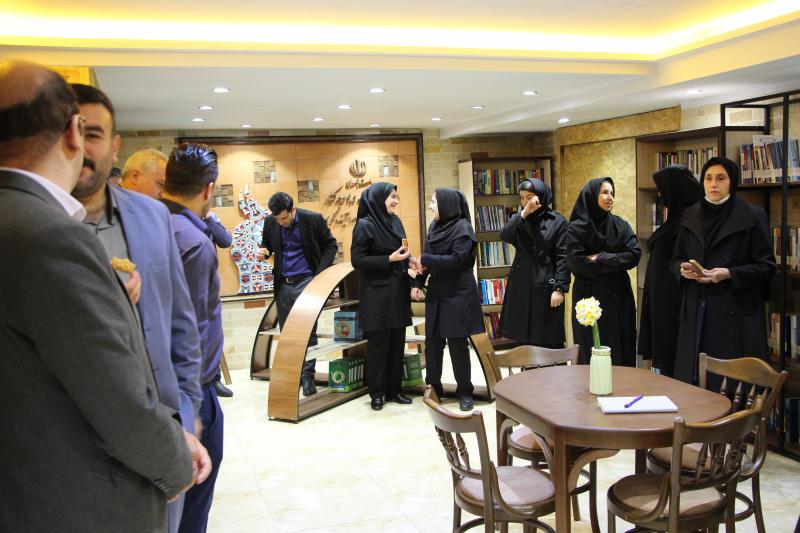
-
بررسی آییننامهها و دستورالعملهای برنامه هفتم پیشرفت
-
بررسی عوامل موثر بر افزایش تصادفات و تلفات جادهای و سوانح رانندگی و دادهکاوی تلفات انسانی
-
سازماندهی و بازآرایی فضایی آموزش عالی کشور
-
به روز رسانی سند ملی آمایش سرزمین
-
انجام مطالعات مناطق آزاد به عنوان نواحی پیشران اقتصادی کشور
-
اصلاح ساختار بودجه و پیاده سازی نظام یکپارچه مدیریت اطلاعات مالی دولت (IFMIS)
کلید واژه : Sanctions
تعداد اخبار : 17
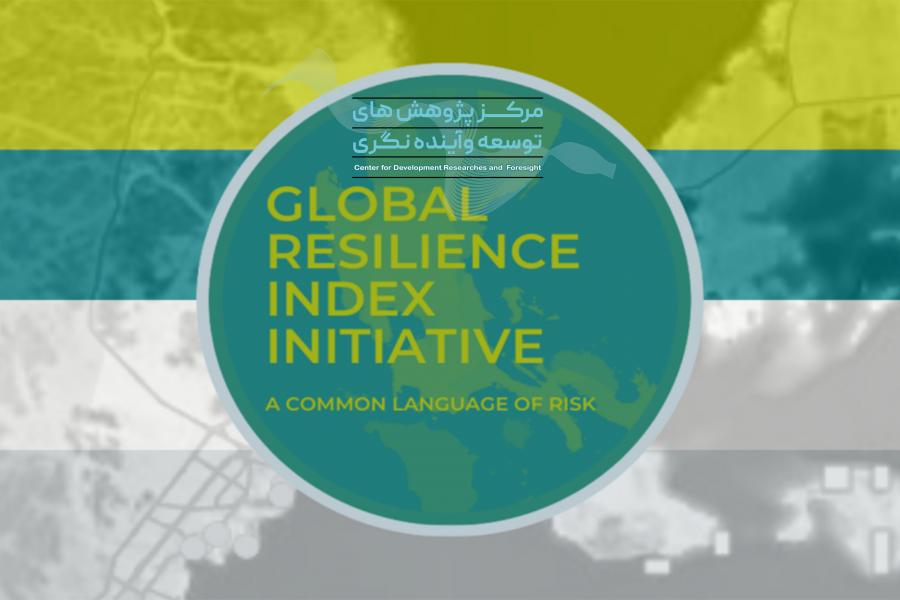
Improvement in the Islamic Republic of Iran's rank in the Global resilience index despite sanctions
According to Dr. Ali Hossein pour, the head of international relations and communications with scientific and research centers and organizations of the Center for Development Research and Foresight, one of the crucial factors for evaluating a country’s development is its rank in international development indices.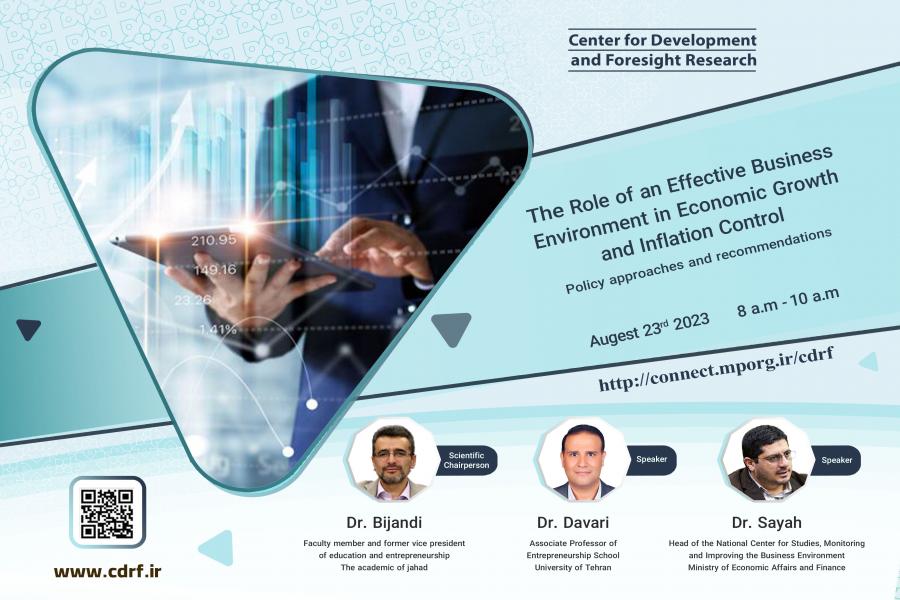
The Role of an Effective Business Environment in Economic Growth and Inflation Control: Approaches and Policy Recommendations
The specialized conference titled “The Role of an Effective Business Environment in Economic Growth and Inflation Control: Approaches and Policy Recommendations” was recently held. The conference was attended by several notable figures, including Dr. Mohammad Sadegh Bijandi, a former member of the academic board and deputy of education and entrepreneurship of the Academic Center for Education, Culture, and Research, who served as the scientific director. Other attendees included Dr. Ali Davari, an associate professor of entrepreneurship at the University of Tehran, and Dr. Amir Sayyah, the head of the National Center for Business Environment Studies, Monitoring, and Improvement of the Ministry of Economic Affairs and Finance, who both served as scientific speakers. The conference aimed to discuss approaches and policy recommendations for creating an effective business environment to promote economic growth and control inflation.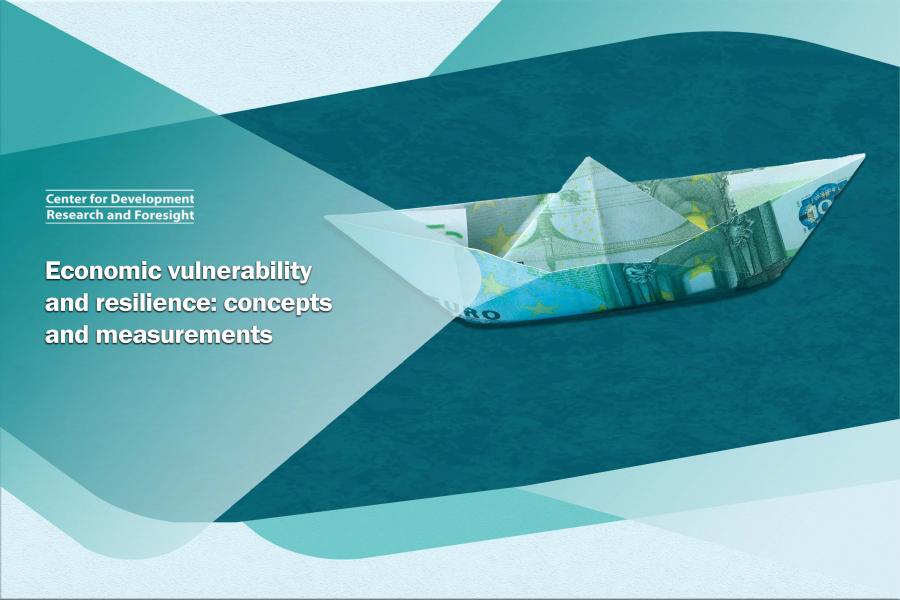
Economic Vulnerability and Resilience: Concepts and Measurements
This report delves into the critical concepts of economic vulnerability and resilience, with a specific focus on Iran's economic landscape. It seeks to address a noticeable gap in the Iranian economic literature concerning the foundations of economic resilience and the indicators for its measurement.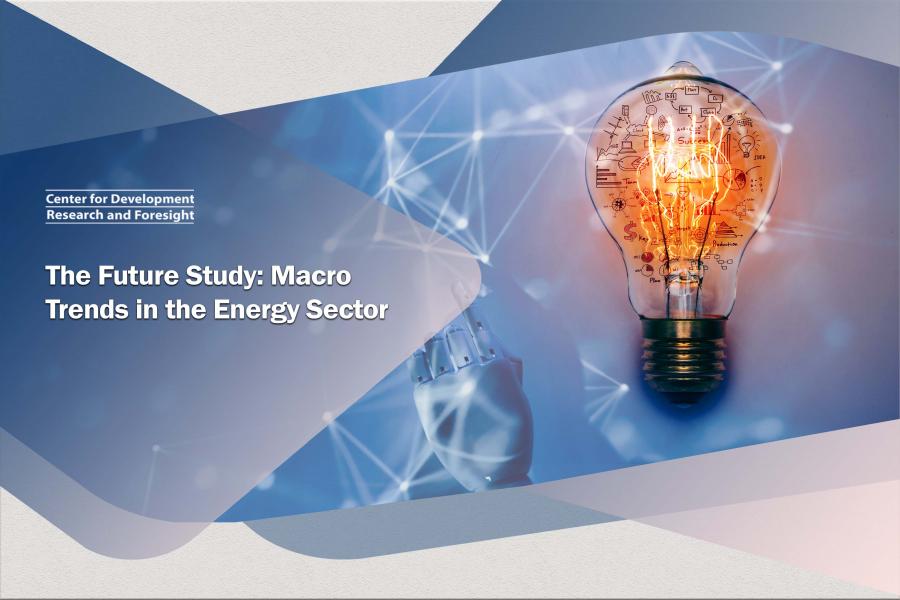
The Future Study: Macro Trends in the Energy Sector
This research delves into the energy trade landscape in global markets, with a particular focus on Iran's position within this dynamic arena. Drawing upon future studies and market analyses, the study examines the projected conditions of the global energy market, evaluating and analyzing key variables such as alternative energy sources to crude oil and natural gas, oil and gas production trends, and price fluctuations of crude oil and natural gas.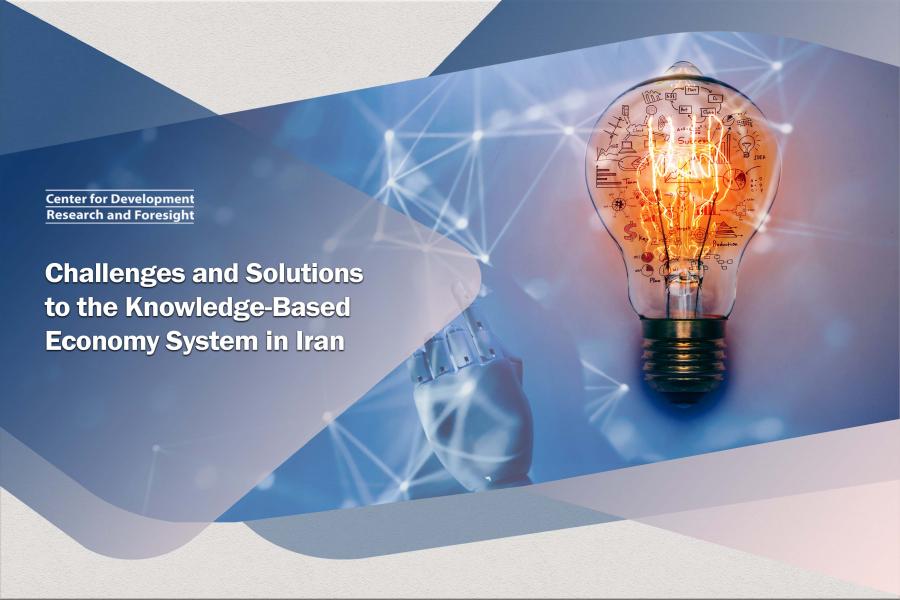
Challenges and Solutions to the Knowledge-Based Economy System in Iran
In this study, the concepts of knowledge, innovation and knowledge-based economy have been introduced and then the requirements of moving towards a knowledge-based economy have been investigated. Based on the presented materials, one of the standard models that explains the elements of the knowledge-based economy is the model provided by the World Bank, which includes four pillars of education and human capital, information and communication technology infrastructure, effective innovation system, and economic and institutional incentives. In the following, taking into account that the effective innovation system is the most important element of the knowledge-based economy and includes other elements as well, the concepts related to it and its structural and functional aspects have been examined.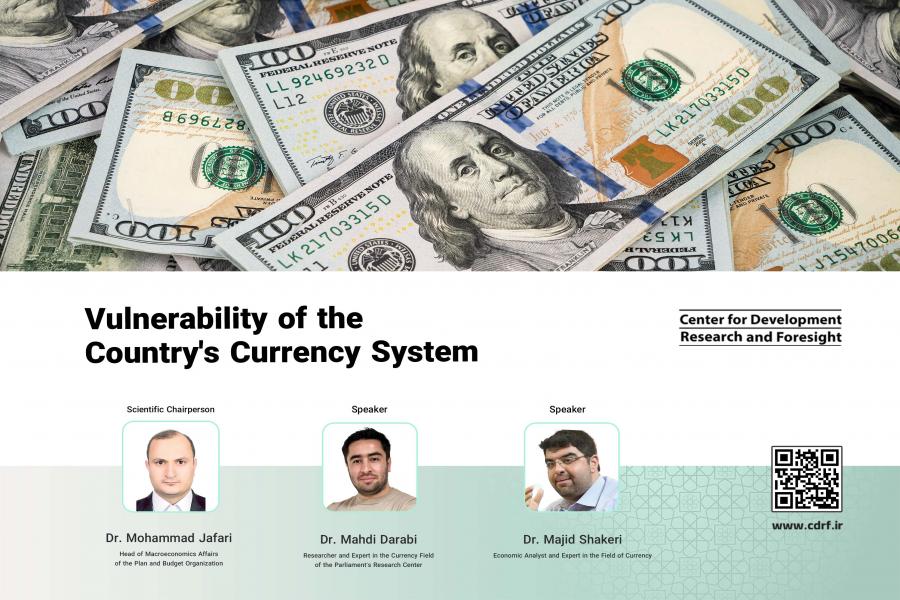
A Review of the Country's Foreign Exchange System: Identifying Vulnerabilities, Addressing Challenges, and Formulating Effective Policy Recommendations.
Exchange rates, as critical macroeconomic indicators, play a pivotal role in assessing a nation's economic resilience in the face of diverse shocks and uncertainties. Guided by their unique economic and political landscapes, as well as their status as oil exporters or importers, countries adopt specific currency regimes, each with its distinct set of requirements and constraints. An oil-exporting nation's economic priorities and strategies may diverge significantly from those of an oil-importing nation.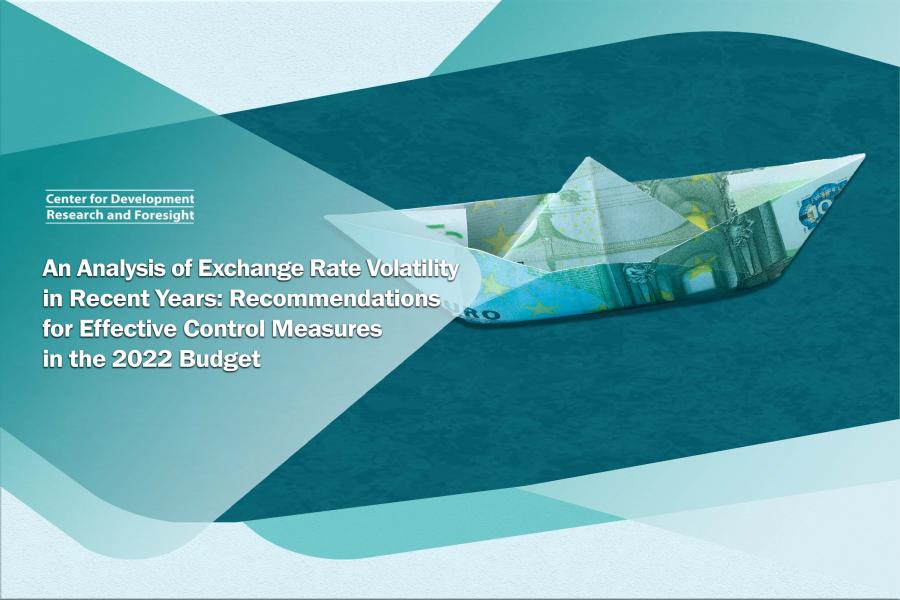
An Analysis of Exchange Rate Volatility in Recent Years: Recommendations for Effective Control Measures in the 2022 Budget
The foreign exchange market, a crucial element of the economy, exerts a profound influence on the regulation of other economic sectors. In recent years, significant exchange rate fluctuations have been observed, predominantly stemming from the direct impact of international sanctions and the improper management of the foreign exchange market. These fluctuations have emerged as a primary catalyst for macroeconomic instability.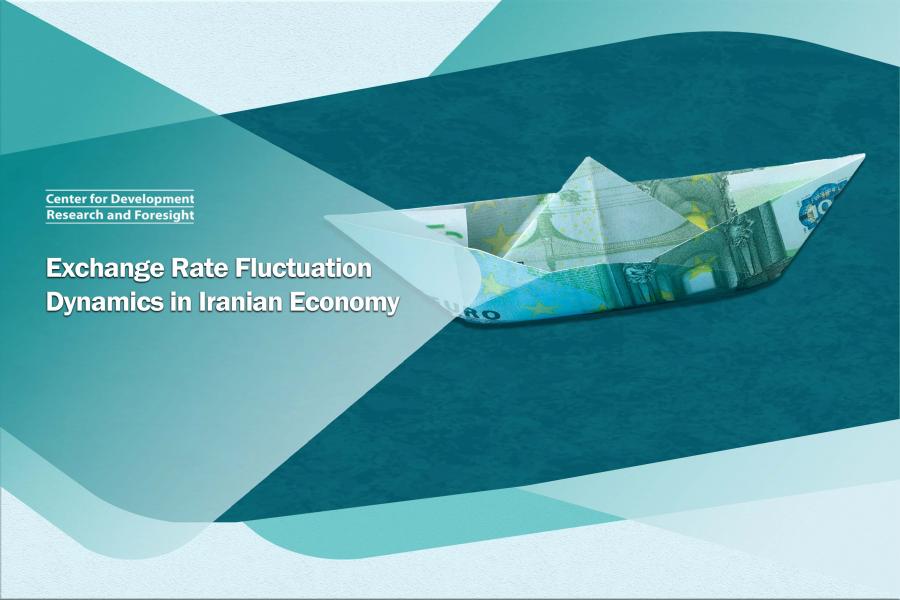
Exchange Rate Fluctuation Dynamics in Iranian Economy
Iran's long-standing exchange rate volatility, marked by a persistent upward trend throughout the past century, has intensified in the latter half of the 20th century. These exchange rate shocks have primarily stemmed from various protectionist and regulatory policies implemented by successive Iranian governments. The prevalence of multiple exchange rates, attempts to suppress exchange rates through administrative measures, and the fixation of exchange rates have all contributed to these fluctuations. A notable turning point occurred in 2018 when the Iranian government introduced a preferential exchange rate of 4200 alongside the prevailing market rate, in response to the United States' withdrawal from the Joint Comprehensive Plan of Action (JCPOA) and the subsequent need to manage the foreign exchange market.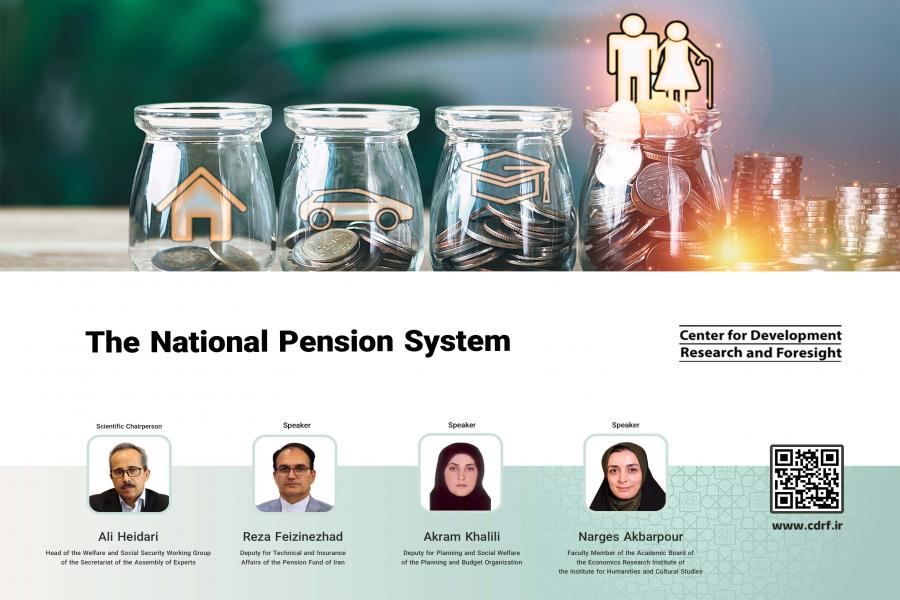
Country’s Retirement System: Challenges and Policy Recommendations
In the conference at the Center for Development Research and Foresight titled “Country’s Retirement System: Challenges and Policy Recommendations”, it is stated that Iran's retirement system is facing a number of challenges, including demographic changes, economic instability, and inadequate coverage for informal sector workers. The government is considering reforms to address these challenges, such as increasing the retirement age, limiting early retirement, and reducing the rate of pension accrual. However, some experts are concerned that these reforms may not be enough to save the system in the long run.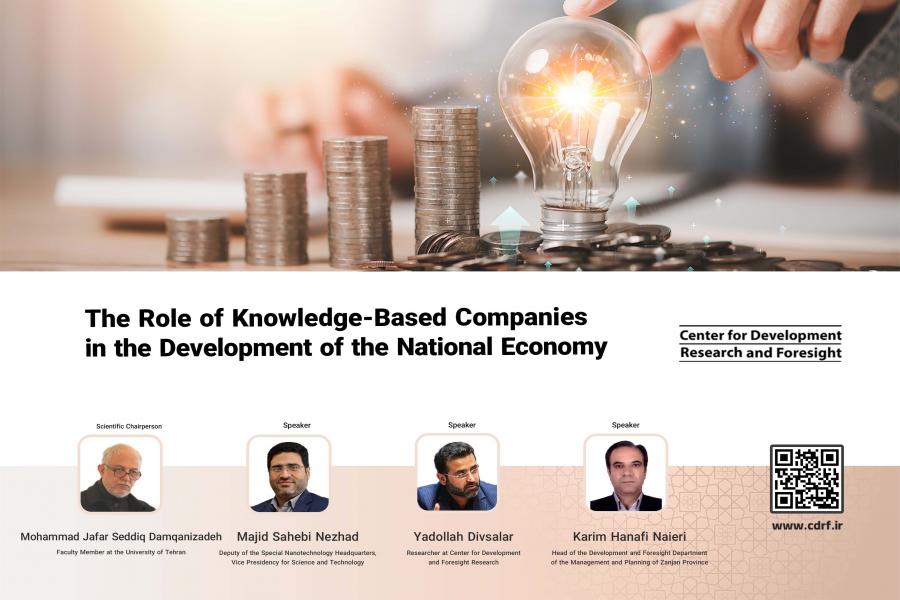
The Role of Knowledge-Based Companies in the Development of the National Economy
The conference titled “The Role of Knowledge-Based Companies in the Development of the National Economy” was held at the Center for Development Research and Foresight to discuss the role of knowledge-based companies in the country's development. The speakers at the conference emphasized the importance of knowledge-based companies for Iran's economic future, due to factors such as sanctions, the country's economic structure, and its geographical location.
High-Quality Automative Production: Obstacles and Practicable Solutions
In the conference at the Center for Development Research and Foresight it is declared that while Iran's auto industry is roaring back to life, its path to success is far from smooth. With a mix of challenges and opportunities, the country's carmakers are navigating a complex landscape of sanctions, government control, and a growing demand for mobility.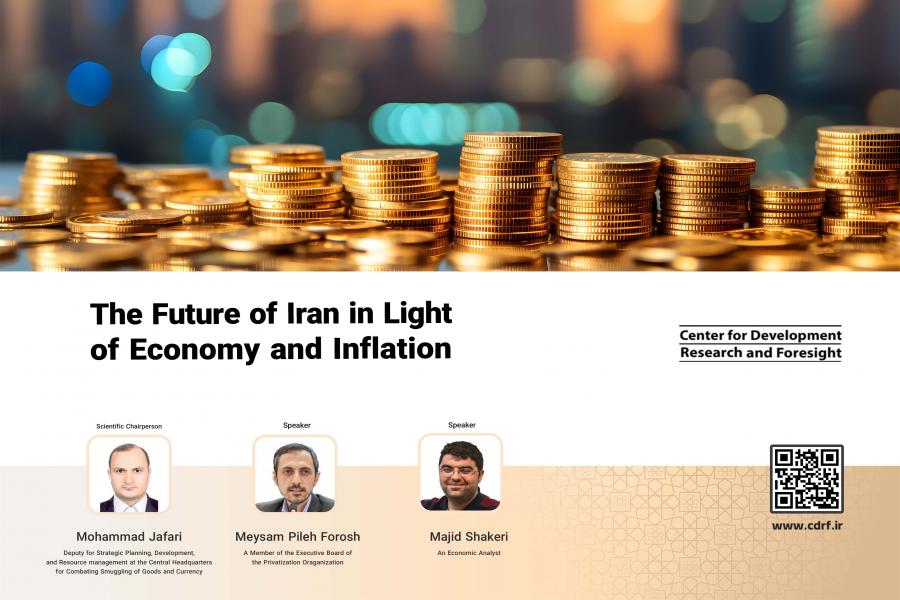
The Future of Iran: From an Economic Perspective
The Center for Development Research and Foresight hosted a pivotal conference titled “The Future of Iran: From an Economic Perspective” with the participation of leading economists and policymakers pointing out the persistent inflation, anemic growth, and deep-seated structural issues.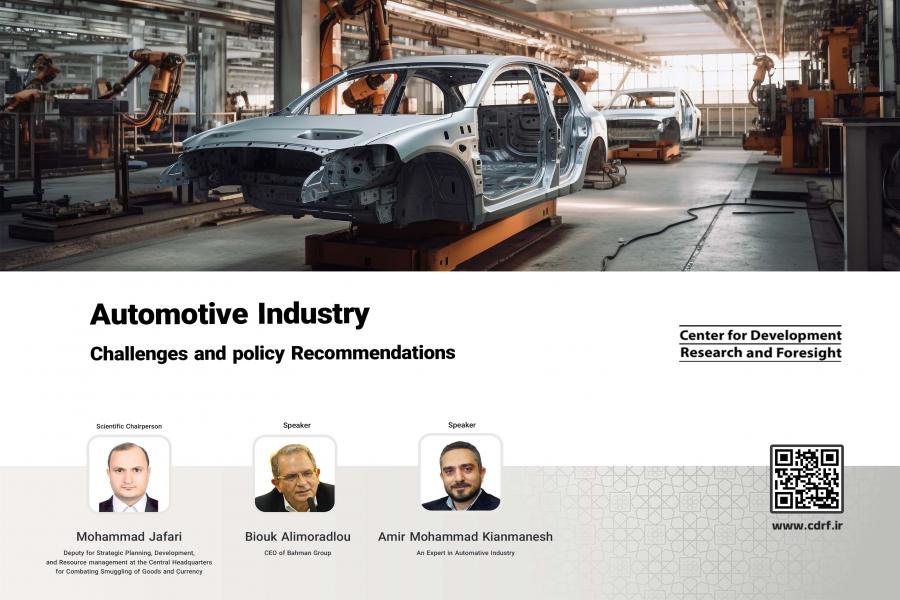
Automotive Industry: Challenges and Policy Recommendations
The recent conference at the Center for Development Research and Foresight, titled "Automotive Industry: Challenges and Policy Recommendations," was held with the participation of notable figures. These included Mohammad Jafari, Deputy for Strategic Planning, Development, and Resource Management of the Central Headquarters for Combating Smuggling of Goods and Currency; Biouk Alimoradlou, CEO of Bahman Group; and Amir Mohammad Kian Manesh, an expert in the automotive industry.
Unlocking Potential: Reforming Iran's Free Zones
The conference titled “Unlocking Potential: Reforming Iran's Free Zones” was held at the Center for Development Research and Foresight to discuss the performance of free zones in Iran. The conference was attended by stakeholders from the public and private sectors, including government officials, academics, and businesspeople.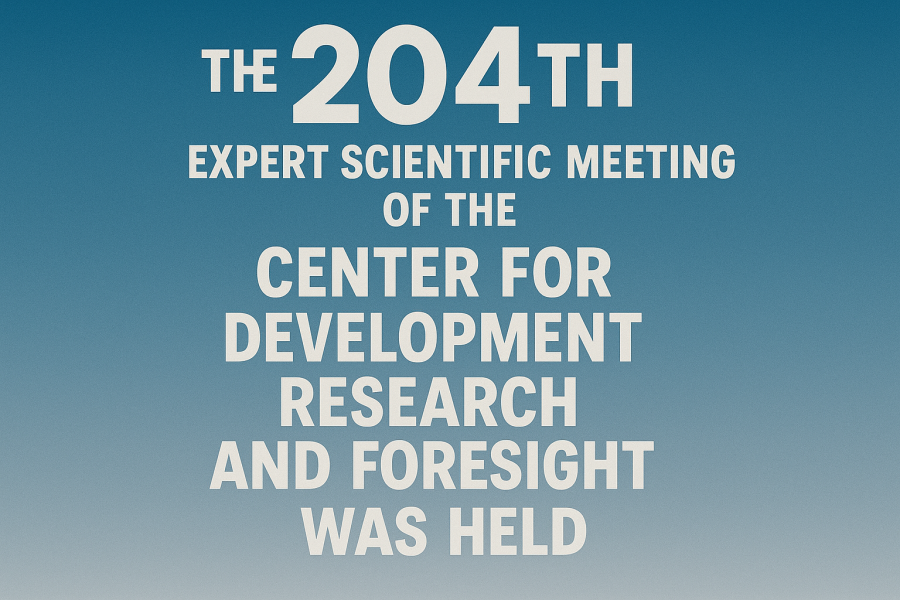
The 204th Expert Scientific Meeting of the Center for Development Research and Foresight (CDRF) was held.
According to the Public Relations Office of the CDRF, the 204th Expert Scientific Meeting of the CDRF was held on Tuesday, April 15, 2025, under the title 'The Government's Orientation in Fulfilling the 1404 Slogan (Investment for Production).
The 201st Expert Scientific Meeting of the Center for Development Research and Foresight (CDRF) was held.
According to the Public Relations Office of the CDRF, the eleventh session of the series entitled “The Future Outlook of Iran” and the 201st meeting of the CDRF was held under the title “A Critical Assessment of the Vision of the Islamic Republic of Iran in the Horizon of 1404 AH.”.png)
The 198th Expert Scientific Meeting of the Center for Development Research and Foresight (CDRF) was held.
According to the Public Relations Office of the CDRF, the eighth session of the “Future Vision of the Islamic Republic of Iran” series and the 198th meeting of the CDRF was held under the title “Oil in Iran’s Vision.” In this meeting, Ali Agha-Mohammadi, Head of the Economic Group of the Office of the Supreme Leader and non-ex officio member of the Expediency Discernment Council of the System, served as the scientific chair of the meeting. Additionally, Asghar Ebrahimi Asl, former Deputy Minister of Oil during the ninth, tenth, and eleventh administrations, and Mohammad Reza Akbari, faculty member at the Petroleum Faculty of Amirkabir University of Technology and Head of the Governance Working Group for General Energy Policies of the Expediency Discernment Council of the System, participated as keynote speakers, presenting their viewpoints.
امروز : سه شنبه، ۲۸ بهمن ۱۴۰۴

